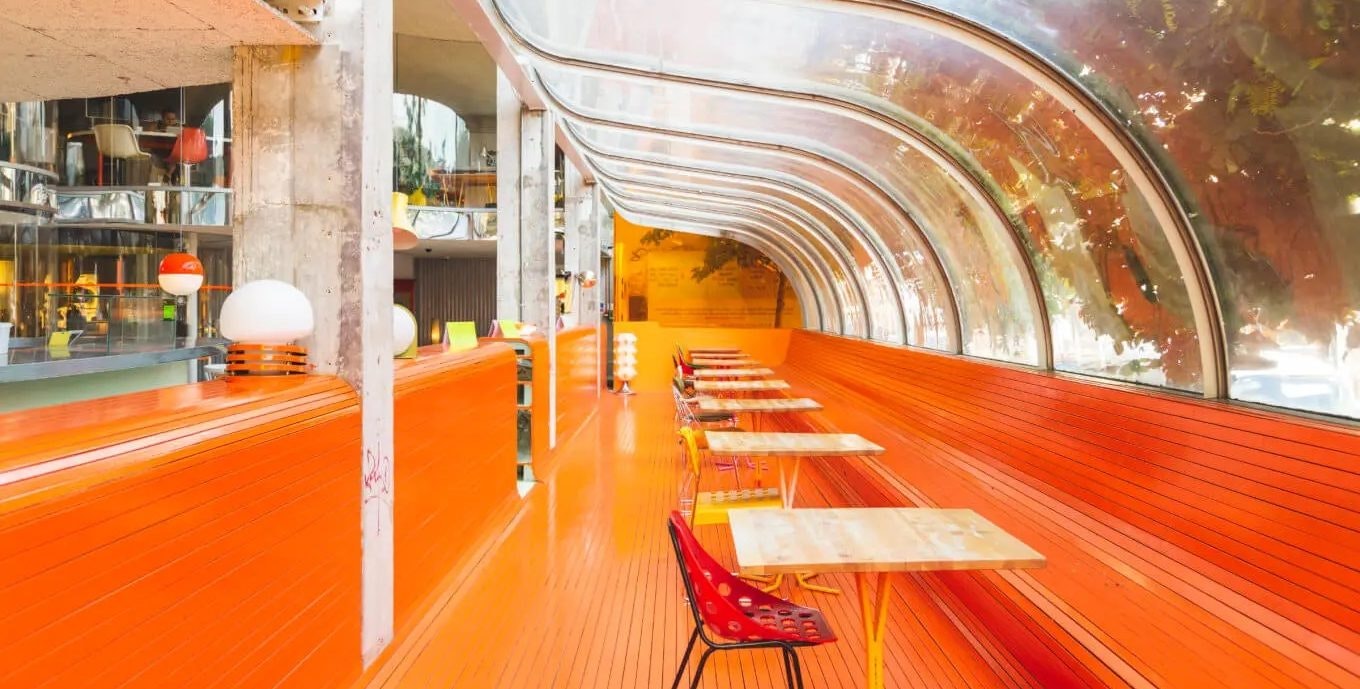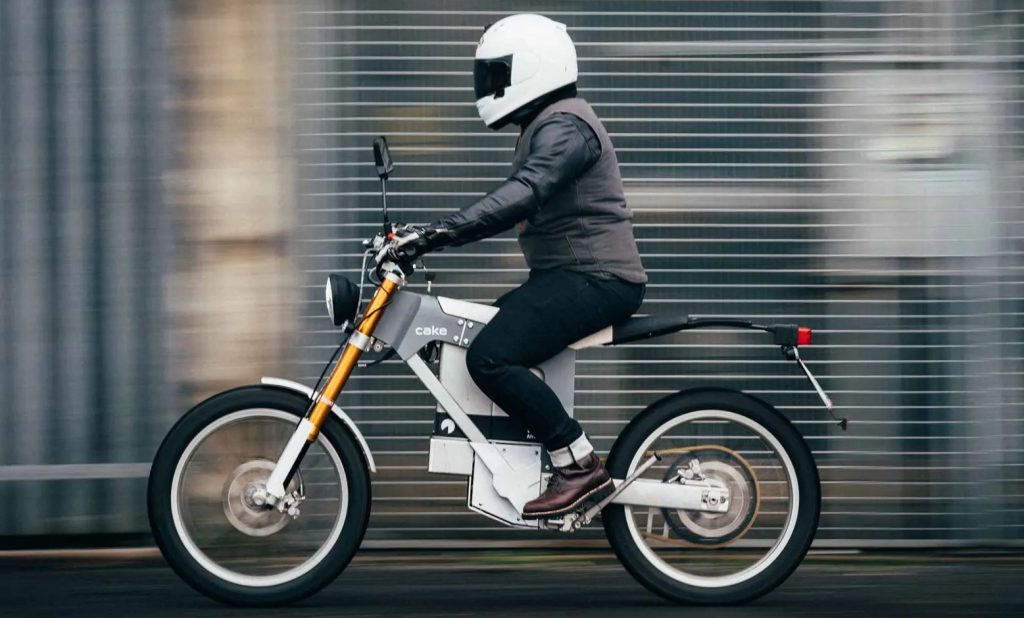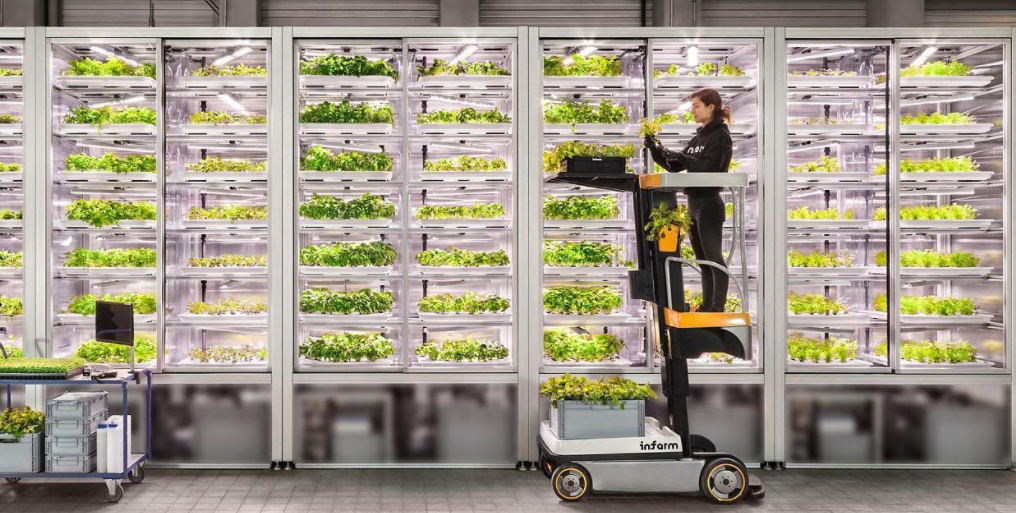This year, some predicted that the funding environment for startups would pick up and in some cases (read AI companies), it has. For other startups, additional funding has proved difficult to raise.
Without being able to turn to profitability or raise more capital, several startups have gone insolvent, bankrupt or into administration. Hardware-heavy startups like Northvolt and Lilium have had especially high-profile failures, but other sectors like fintech, foodtech and micromobility have also seen casualties.
Here are 16 companies that went bust in 2024.
Allplants
Launched in 2016, the vegan meal kit startup Allplants raised $81m from investors including Molten Ventures, Felix Capital, Octopus Ventures, TriplePoint Capital, professional footballer Chris Smalling and former professional footballer Kieran Gibbs. But following Covid-driven boomtimes for meal delivery companies, Allplants had a difficult 2023. In November this year the company moved to appoint administrators — a step typically taken when a company is insolvent or about to become insolvent.
Arrival
Electric vehicle maker Arrival listed on the Nasdaq in 2021 with a lofty $13bn valuation, making it the largest-ever listing for a British tech company at the time. Fast forward to February 2024 and Arrival, once championed by former prime minister Boris Johnson, filed for administration for its UK arm.
Cake
The Swedish producer of lightweight electric motorcycles and scooters was founded in 2016 and raised €60m from VCs including Creandum and Headline, as well as Swedish pension fund AMF. In December last year, Cake tried to raise a €7m bridge loan from investors, but failed and in early February filed for bankruptcy. Cake’s bankruptcy estate was acquired by Norwegian car sales company Brages Holdings for €1.6m, according to Swedish media reports.
Cazoo
UK-based car marketplace Cazoo listed on the Nasdaq in 2021 with an $8bn valuation, making it one of the biggest debut public valuations for a European tech company. In 2023 the company was burdened by a $630m debt facility, which it tried to restructure to entice investors to back it. One year later, in May 2024, it filed for administration.
Cubyn
French logistics company Cubyn was founded in 2014 to help online retailers and marketplaces by providing them with storage, packaging, handling and shipping services. The company had an upswing during Covid, when ecommerce took off. The company raised a €15m Series D in 2023 from DN Capital, Partech, Bpifrance, Eurazeo and 360 Capital at a €175m valuation. But the business then began to struggle; it filed for insolvency proceedings in July 2024 and went out of business two months later.
EasyMile
French autonomous shuttle startup EasyMile raised its last round of funding in 2021 — a €55m Series B to help prove it could turn its technology into a sustainable business. In a bid to generate revenue, EasyMile expanded into self-driving transport for goods, while it continued to develop the technology for autonomous shuttles for people. However, in July, the company filed for insolvency and moved to appoint administrators; this was due to a tougher fundraising environment, it told French business publication Les Echos. The company had in total raised around €90m from investors including Searchlight Capital Partners, Alstom, Bpifrance, Continental, NextStage AM and McWin.
Infarm
Vertical farming company Infarm was once one of the darlings of the European tech scene. It had 1.4k farms and 1k employees across 10 countries globally. It raised nearly $500m from investors like Balderton and Atomico and hit a valuation of $1bn. However, operational inefficiency, rising energy prices and an inability to compete with traditional growers made it hard for the company to turn a profit. Towards the end of 2022, Infarm announced it would be laying off 500 employees, roughly half its workforce. In October this year, Infarm’s UK entity announced its intention to appoint administrators.
Lilium
German-based flying airtaxi Lilium was founded in 2015 and secured early backing from Atomico, Earlybird and Tencent, all convinced by the company’s promise of zero-emission electric aviation. In 2021, as SPAC fever gripped European tech, Lilium joined the trend, listing on the Nasdaq via a merger with Qell Acquisition Corp. Since listing, Lilium’s share price fell by 93% and it failed to meet the milestones it set out at IPO. In October, Lilium announced its insolvency and received notice of delisting from the Nasdaq.
MaaS Global
Finnish mobility startup MaaS Global, founded in 2015, filed for bankruptcy in March this year. The company raised more than $162m from investors including NordicNinja, BP Ventures, Toyota and Mitsubishi. Its city travel app Whim enabled customers to see all available travel options in a city in one place.
Masteos
French proptech startup Masteos promised to enable turnkey rental investments — meaning it would research, acquire, rent out and manage property for users. The company was founded in 2019 and raised nearly €70m from investors such as Daphni, DST Global and EDF Pulse Ventures. It closed a €40m Series A in 2022 with plans to expand across Europe — but faced a downturn in the real estate market and rising costs. The startup filed for insolvency in January this year and was put into receivership in the Paris commercial court; in March, Paris-based real estate company Novaxia got the green light from the court to acquire the startup for €1m.
Mycorena
Swedish foodtech startup Mycorena developed a mycelium protein ingredient for meat alternatives. The company, which had raised €35m in total funding since launching in 2017, failed to raise its Series B and announced in June that it was discontinuing its large-scale factory project in Sweden for its flagship product. In July, the company filed for bankruptcy and, following a bidding process, one of its former shareholders, Belgian plant protein company Naplasol, acquired the bankruptcy estate for “a pittance” according to investors.

Northvolt
In January, Swedish battery maker Northvolt raised the largest green loan in European history, totalling $5bn. Since 2015, the company has raised more than $13bn from investors, including Goldman Sachs, Volkswagen and various pension funds. In 2024, the company suffered from large delays in production and pulled contracts by BMW, as costs spiralled above revenues. Following a failed attempt to raise more capital, the company filed for Chapter 11 bankruptcy in the US in November.
Prophesee
French deeptech Prophesee developed advanced ‘neuromorphic’ computer vision technology — meaning that it aimed to imitate the structure and function of the human brain and eye. In May 2024, it announced that its technology, which is mostly intended for smartphone cameras, was available in US tech giant AMD’s products. However, in October, the company, which had raised €126m in total, filed for insolvency and entered judicial recovery. It told French publication Les Echos that its next round of fundraising had taken longer than expected.

Second Home
Founded in 2014, Second Home became a popular coworking spot for London’s startup community, known for its vibrant design and plant-filled spaces. Backed by investors like Index Ventures, Atomico and Yuri Milner, it raised over £60m and operated sites in London, Lisbon and Los Angeles. However, rising costs and Covid’s impact took their toll. In October 2022, Silicon Valley billionaire Riaz Valani became the majority shareholder in a cut price rescue deal, following years of losses. In December, Second Home applied to appoint administrators.
Stenn
Founded in 2015, London-based Stenn offered invoice financing for ecommerce, international trade and SaaS companies. It raised more than $50m and hit a $900m valuation in 2022. In December, HSBC Innovation Banking filed an application to appoint administrators. Stenn told Sifted it was “actively defending” against the measure.
Vässla
In February, Swedish electric moped startup Vässla went bankrupt — the same month as Cake, another electric motorcycle startup. Founded in 2017, Vässla had raised in total around €13m from over 100 shareholders. Swedish company Ever Engineering acquired its bankruptcy estate for €370k in March.
With contributions from Kai Nichol-Schwarz and Daphné Leprince-Ringuet.
Read the orginal article: https://sifted.eu/articles/startups-went-bust-2024/




